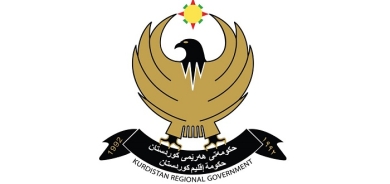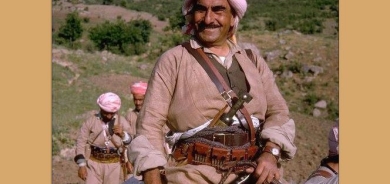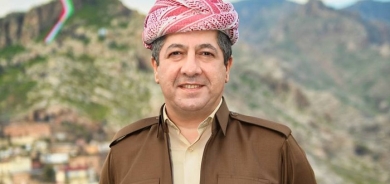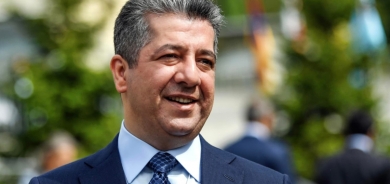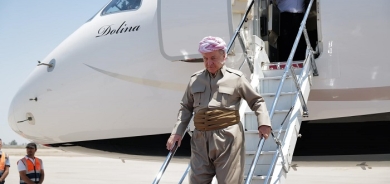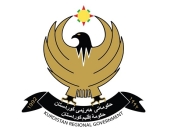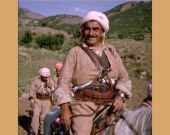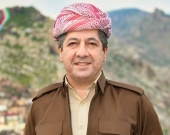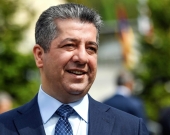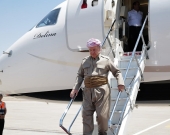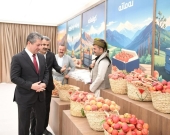“The Islamic Alliance”… one of its aims is to establish a Kurdish state?

“The Islamic Military Alliance” announced by Mohammed bin Salman, Deputy Crown Prince and Defense Minister of Saudi Arabia on December 15, 2015, and led by Saudi Arabia, according to an alliance’s statement, aims to "fight terrorism in all its forms and manifestations, whatever its doctrine and name," said the Prince. It includes 34 Islamic states, with its Joint Command Center based in Riyadh. This announcement resulted into various reactions: those who rejected it and those who hailed it. One question is posed by the Kurdish street: what is the position of the Islamic Alliance on the Kurdish issue and the establishment of a Kurdish state? Knowing that Turkey and most of the Arab countries in this coalition believe in the integrity of the Iraqi territory.
This article is trying to shed the light on this important question and answer it to the Kurdish street. The Islamic Alliance and without any introduction is not only supportive of the Kurdish issue, but sets one of its main objectives in the formation of the Greater Kurdistan in the Middle Eastern region. These words are not uttered haphazardly; this has been confirmed by the head of the Middle East Center for Strategic and Legal Studies in Jeddah, Dr. Anwar Eshki–former adviser to the king, Salman bin Abdul Aziz—at the Council on Foreign Relations in Washington, DC on 8-June in 2015. During his lecture entitled "Regional Challenges and Opportunities: The View from Saudi Arabia and Israel", he said that the stability of the region requires many things such as "the achievement of peace between the Arabs and Israel, changing the political regime in Iran and establishing an Arab force in the region with the blessing of America and Europe, to protect the Gulf and Arab countries and preserve stability in the region... work to create a Greater Kurdistan by peaceful means because it would alleviate the Iranian, Turkish and Iraqi ambitions, which carves a third of each of these countries in favor of the Kurdistan".
According to Anwar Eshki’s statement, the formation of this alliance was planned afore, because this debate was on June 8, 2015, several months ago. It seems, as well, that Saudi Arabia has changed its foreign policy in the Middle East towards Israel, Iran and the Kurds. Nowadays, Saudi Arabia therefore, is considering the establishment of a Kurdish state in the interest of the Arab countries, especially the Gulf countries. Anwar Eshki argued that Iran's agenda is to expand its influence in the Arab world; it has been recruiting Shiites in Iraq, Lebanon and Syria. As for Yemen, it has recruited the former Yemeni President Ali Abdullah Saleh and the Houthis to achieve this purpose. Therefore, the formation of this alliance is part of the preparations taken by Saudi Arabia to face Iran's influence in the region, which threatens Saudi Arabia. In addition, Saudi Arabia leads already the Arab coalition in Yemen for the same purpose.
Thus, according to the new Saudi policy towards the Kurds, the establishment of a Kurdish state becomes a goal of the Islamic Alliance, led by Saudi Arabia. The recent invitation by King, Salman bin Abdulaziz to President Massoud Barzani, President of the Kurdistan Regional Government of Iraq to visit Saudi Arabia, and the hospitality that this latter received can only be translated or and interpreted into this new Saudi policy towards the Kurds in the Middle East. Furthermore, few days ago, President Massoud Barzani was invited by the Council of the leadership of the Kurdistan Democratic Party in its last regular meeting, to work with the Kurdish parties to arrange for the measures, necessary to speed up the organization of a referendum. It will decide the fate of the Kurdish people. This is another proof of the veracity of this recent trend by Saudi Arabia in the Middle East in general, and with Kurds in Particular.
But the most important question remains: will the alliance, led by Saudi Arabia, be able to achieve the goals for which it was set upt? We will discuss this in a subsequent article.
Mahdi Ameen Stoni is a PhD student in political science and international relations and he has as a number of political articles published in Gulan, Rudaw, Basenyos and civilized dialogue.

